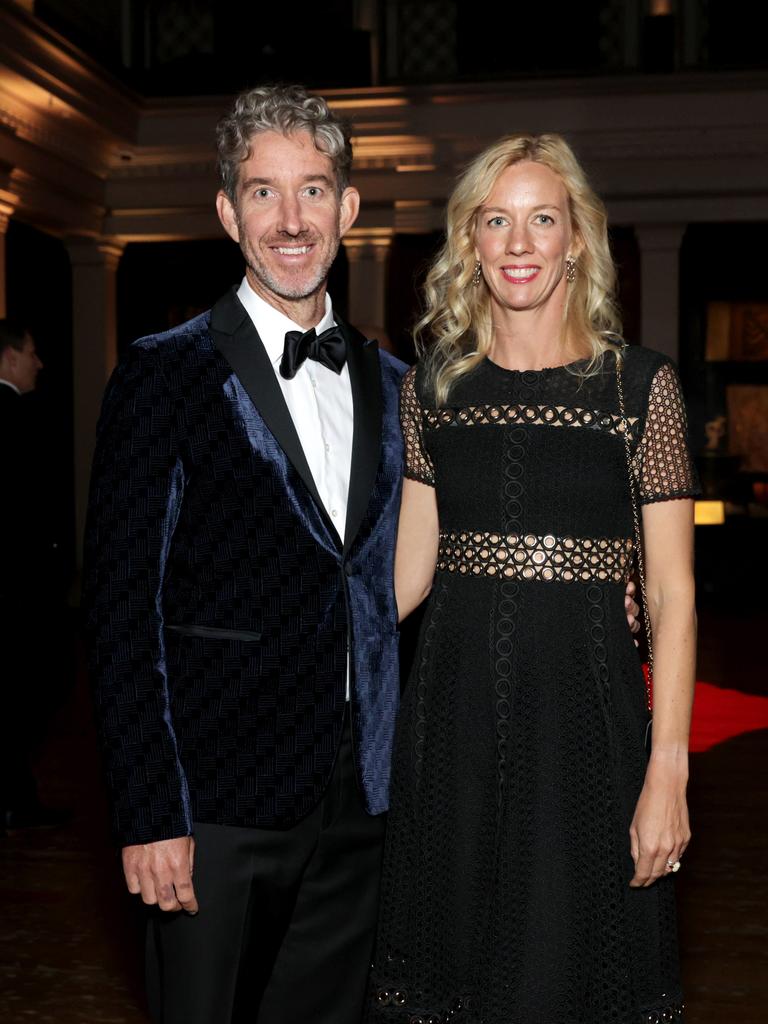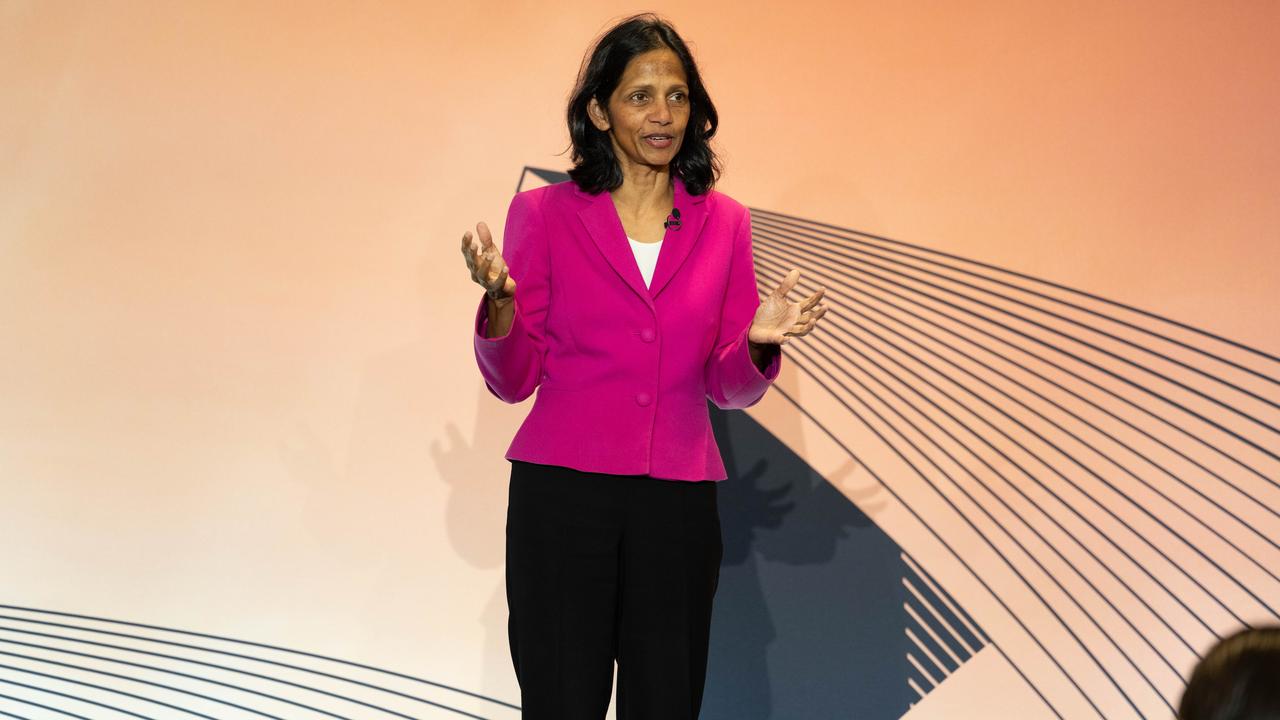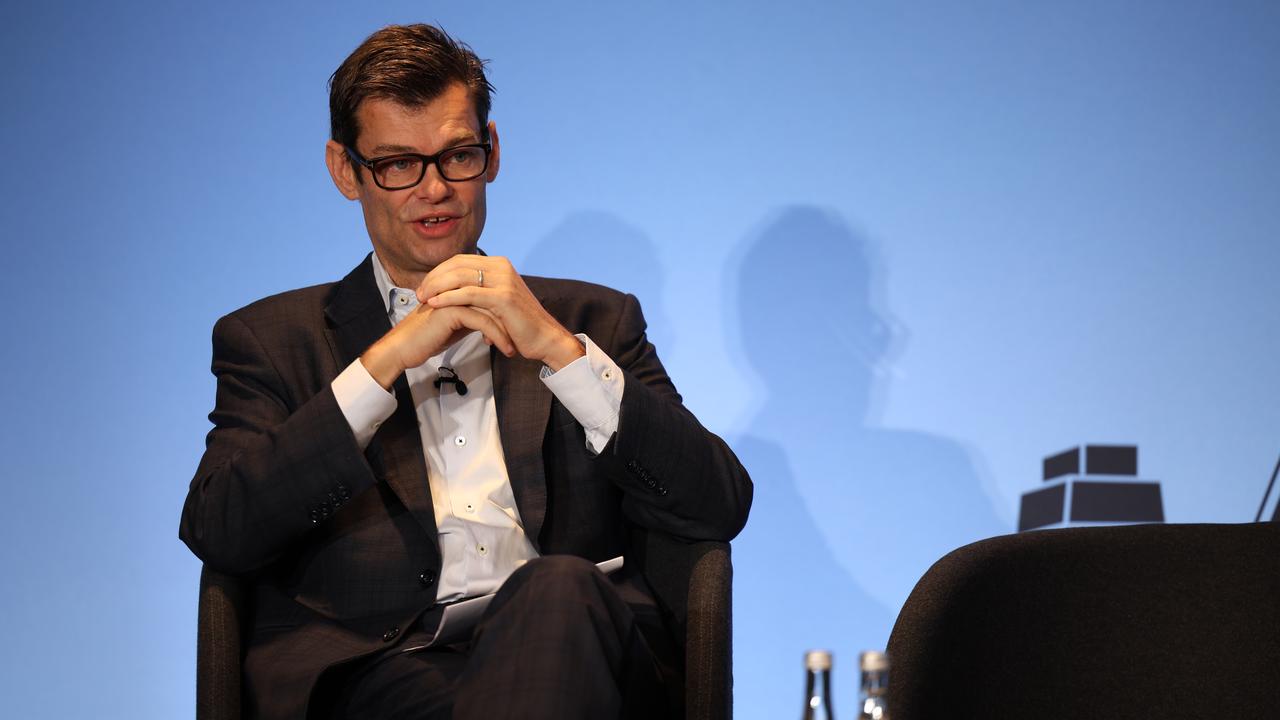Business leaders take aim at super tax proposal

Pic: Getty Images
Ryan Stokes has weighed in with a scathing attack on Labor’s superannuation tax proposal, saying it risked “distorting markets” in the latest intervention by a business leader over the toll on unrealised capital gains.
Labor wants to impose a 30 per cent tax on unrealised capital gains made in superannuation accounts worth $3m or more, without any indexation.
However, the proposal has triggered anger among big business, with a roll call of leading chief executives and chairmen voicing their opposition to the scheme.
“It’s a terrible policy framework,” Mr Stokes, CEO of conglomerate Seven Group Holdings (ASX:SVW), told The Australian.
“The idea of taxing unrealised gains raises a really far-reaching and concerning precedence and risks distorting markets, forcing people to make divestments of assets that aren’t always liquid or shouldn’t be penalised in that way.”
Before the election, the Greens were willing to back Labor but wanted the threshold to be lowered to $2m, which would leave 100,000 superannuants from day one paying the tax and eventually as many as 1.8 million people paying it if it remained unindexed.
Mr Stokes, the son of billionaire Kerry Stokes, said he was also concerned that it could risk a spread to other asset classes.

“Taxation on profit is entirely reasonable. Taxation on assets in a notional gain perspective is dangerous,” Mr Stokes said on the sidelines of the Macquarie Australia conference.
“That’s what I’m more concerned with. Because asset values go up and down, stockmarkets go up and down. And to pick a point in time and say that’s its value isn’t always reasonable. If you divest the asset, that’s a different story.”
The message that the Labor intervention sent to investors was also of concern, he added.
“The other factor around it all is also trying to create an incentive to invest for retirement, which is where playing with that taxation dynamic in super is creating uncertainty and discouraging people wanting to invest through that mechanism,” he said. “It’s got a lot of people quite concerned.”
Billionaire Atlassian co-founder Scott Farquhar praised the re-election of the Albanese government, saying he was “glad we rejected extremism on the left or right”, as he accelerates a plan for start-ups to donate more of the equity to social causes.
Labor’s landslide victory is the latest in a wave of anti-Donald Trump sentiment that has rippled across the globe after the US President launched a trade war and fight against the “woke” movement, singling out diversity, equity and inclusion (DEI) programs.
Mr Trump’s Make America Great Again platform – which now includes a plan to impose a 100 per cent tariff on movies made outside the US – has attracted a backlash in the Canadian and Australian polls, where the electorate punished right-wing parties.

Mr Farquhar said “fundamentally, humans want to do the right thing”.
“I’m glad that we rejected extremism on the left or the right. That’s great,” Mr Farquhar said about the election result,
“I think people want to do the right thing. Even in the US, people are saying ‘OK, well, what does this new world mean for us?’
“But giving back is something the left side of politics and the right side of politics agree on. Where they give back might be different, but the idea that you should help other people is pretty universal.”
Macquarie Group CEO Shemara Wikramanayake said the election was good for the country and “should give us safety in the world”.
She said the challenge was now how the nation’s leaders steered the country, saying there was a need to position the country “through these big structural shifts that are happening” and “empowering the businesses to be nimble and respond”.
Mirvac CEO Campbell Hanan said building costs were “one of the great challenges”.
“We have seen close to 7000 insolvencies in three years. That is a really significant event for a market to work its way through,” he said at the Macquarie Australia conference. “The fact that you have wonderful tier-one builders losing money, still, four years after Covid, that is a sign that things have to correct in a certain way. I think ultimately, the cost of building everything, in every asset class, is going up, and going up for a period of time.”
Private lender Qualitas said it was seeing a flow of cash out of the US and into Australia, with co-founder and managing director Andrew Schwartz telling the conference investors were now looking at local markets to secure reliable returns.

Mr Schwartz said Australia did not “have all the issues coming out of the US”, and he expected further flows of capital to local markets. He said Australia was facing a housing “supercycle”, and said Labor’s announced housing policy would further support the market.
Mr Stokes, commenting on the outlook for China, said the Asian giant could handle the fallout from a trade war with the US and could deliver on long-term economic growth ambitions.
The CEO of the Seven Group conglomerate – which houses Boral, Coates and a stake in Beach Energy – said Beijing could withstand the tariff hit imposed by Washington.
“We have confidence about what’s going to happen with long-term economic growth in China. I think the current disruption might occur as a trade dynamic,” Mr Stokes told the conference.
“We feel more confident in China’s ability to manage and respond. They have the most efficient manufacturing, and it’s not just labour, but also technology and robotics. Plus, they have the ability to stimulate, and certainly that impact would play through.”
This content originally appeared on The Australian.
Related Topics
UNLOCK INSIGHTS
Discover the untold stories of emerging ASX stocks.
Daily news and expert analysis, it's free to subscribe.
By proceeding, you confirm you understand that we handle personal information in accordance with our Privacy Policy.








